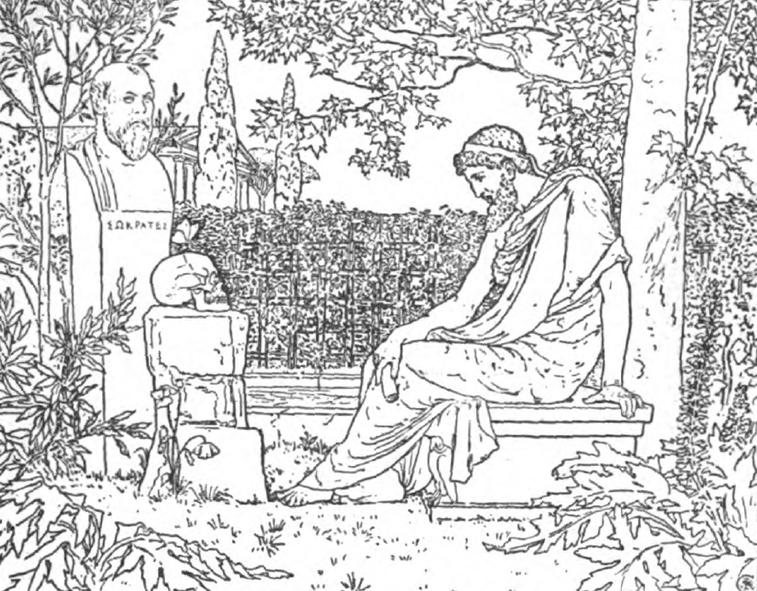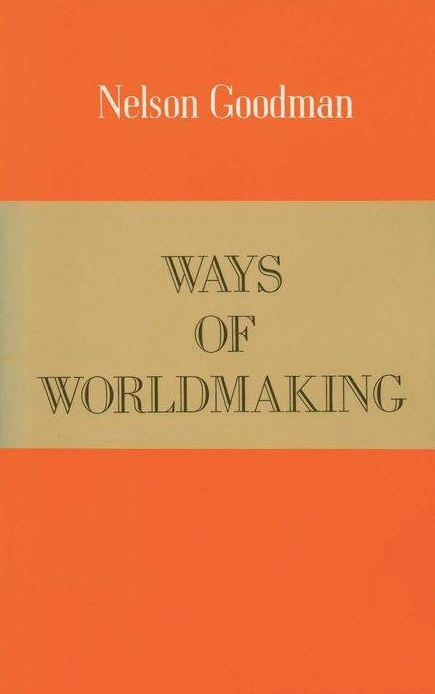Take 10 with dillon westbrook
Dillon Westbrook is the third Westbrook for us to profile in our Take 10 series. He is a second-generation stonemason who balances the specific functionality of his profession with an education in the nuanced disciplines of philosophy and poetry. Dillon's diverse masonry expertise includes Italian Renaissance-style mansions, English country gardens, modernist houses, and fine art installations. He has managed projects for top architectural firms, including Skurman Architects, Sutton Suzuki Architect, Ike Kligerman Barkley, and Atelier Ugo Sap. When not working, he is a devoted family man with two children, will there be a third generation of stonemasons?
QH: With a BA in Philosophy from UCSC and MFA in Creative Writing and Poetry from Mills College, how do you apply such an esoteric education to the physicality of stonemasonry?
DW: There isn’t a large gulf between the two things in my mind. While it does take sinew and energy to build in stone, it’s more of a necessary condition. It is not a sufficient condition. Stonework takes problem-solving and learning from your materials and your trials. If the current advances in robotics and robot-assisted lifting continue, the necessity for manual effort might diminish. The intellectual necessity will remain. So that’s one answer.
I would give the other answer from an example in Plato’s Apology. In trying to explain why the edict that a wise man knows that he doesn’t know much, he gives the example of the artisans who ‘know many fine things’ and are worth listening to on the topic of their craft. They are, to him, worth a lot more than his contemporaries in the agora. He notes, however, that because the most accomplished among them will give opinions on anything under the sun, they too make fools of themselves, just like the philosophers. This has meant to me that you need practical knowledge to do something worthwhile, but you need philosophy to remind you of the limits of your knowledge.
Plato Meditating on Immortality Before Socrates, 19th-century engraving, artist unknown
QH: What has been your most rewarding project?
DW: Building a culture of collaboration inside QuarryHouse.
QH: What was your most challenging project?
DW: There’s a saying around here that if it’s an easy project, it’s not a QuarryHouse project. Each of our projects has its challenges. We wouldn’t know what to do with an easy one.
QH: Which stones do you enjoy working with most?
DW: Granites, especially our native Sierra granite, for its non-directionality allowing you to approach any shape you can imagine.
QH: How do you spend your time away from work?
DW: With my family, I’m a homebody mostly. I like to cook breakfast and dinner each day if my schedule allows. You might catch me at an A’s game during the season.
QH: What are three things you can’t live without?
DW: My family. Some exercise in the morning. Occasional silence.
QH: A book that everyone should read?
DW: Nelson Goodman’s Ways of Worldmaking
QH: Your favorite poem?
DW: Favorite poem is a profoundly unfair question. I’m going to go with the birthday card my youngest wrote for me. I don’t have reprint permission, but it’s solid gold.
QH: Best advice you’d give your teenage self?
DW: Talk less. A lot less.
QH: If you weren’t a stonemason, what would you be?
DW: A teacher. Or a bartender. Whichever would be more useful.
Ways of Worldmaking by American Philosopher Nelson Goodman (1906–1998)



